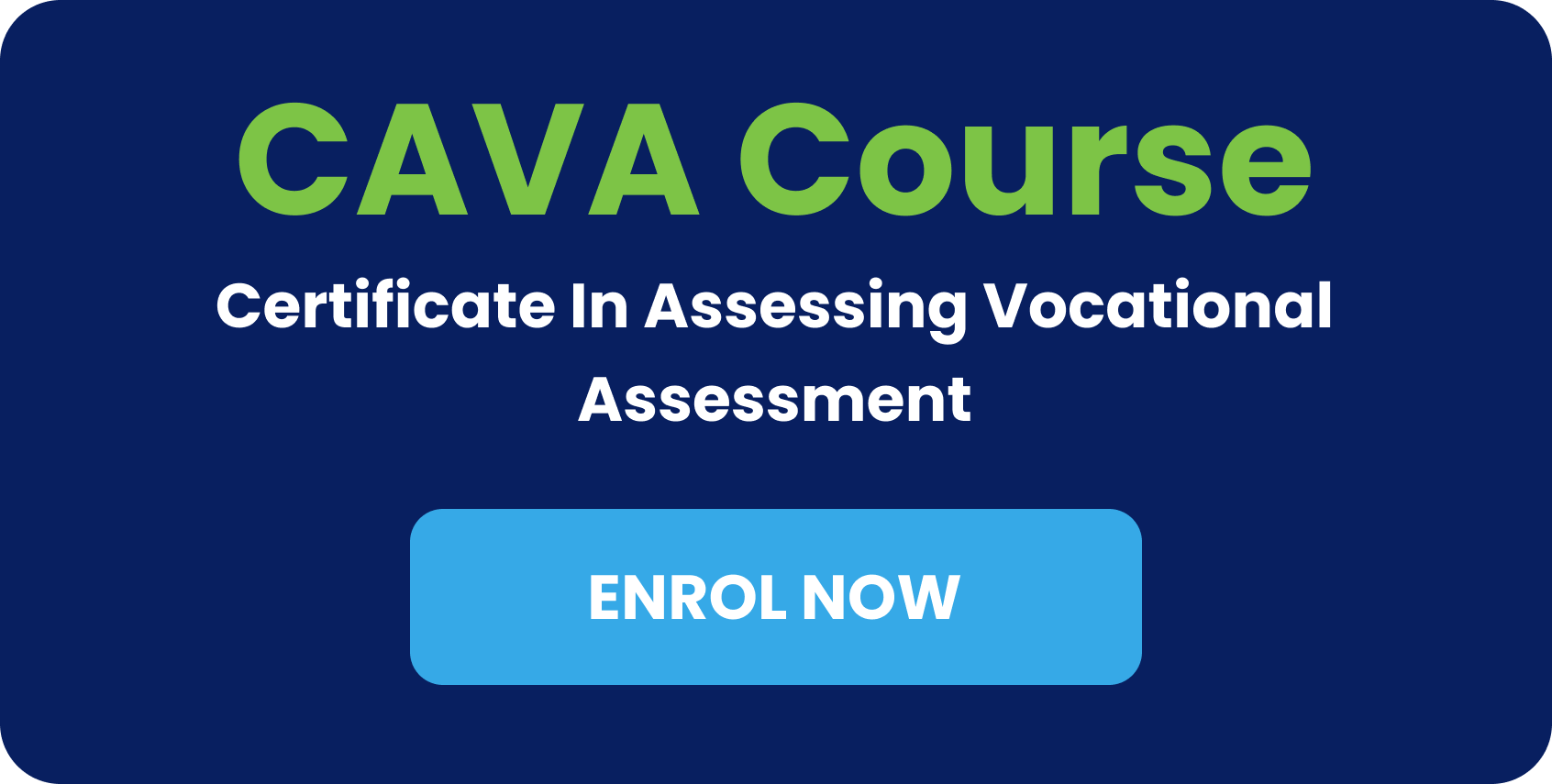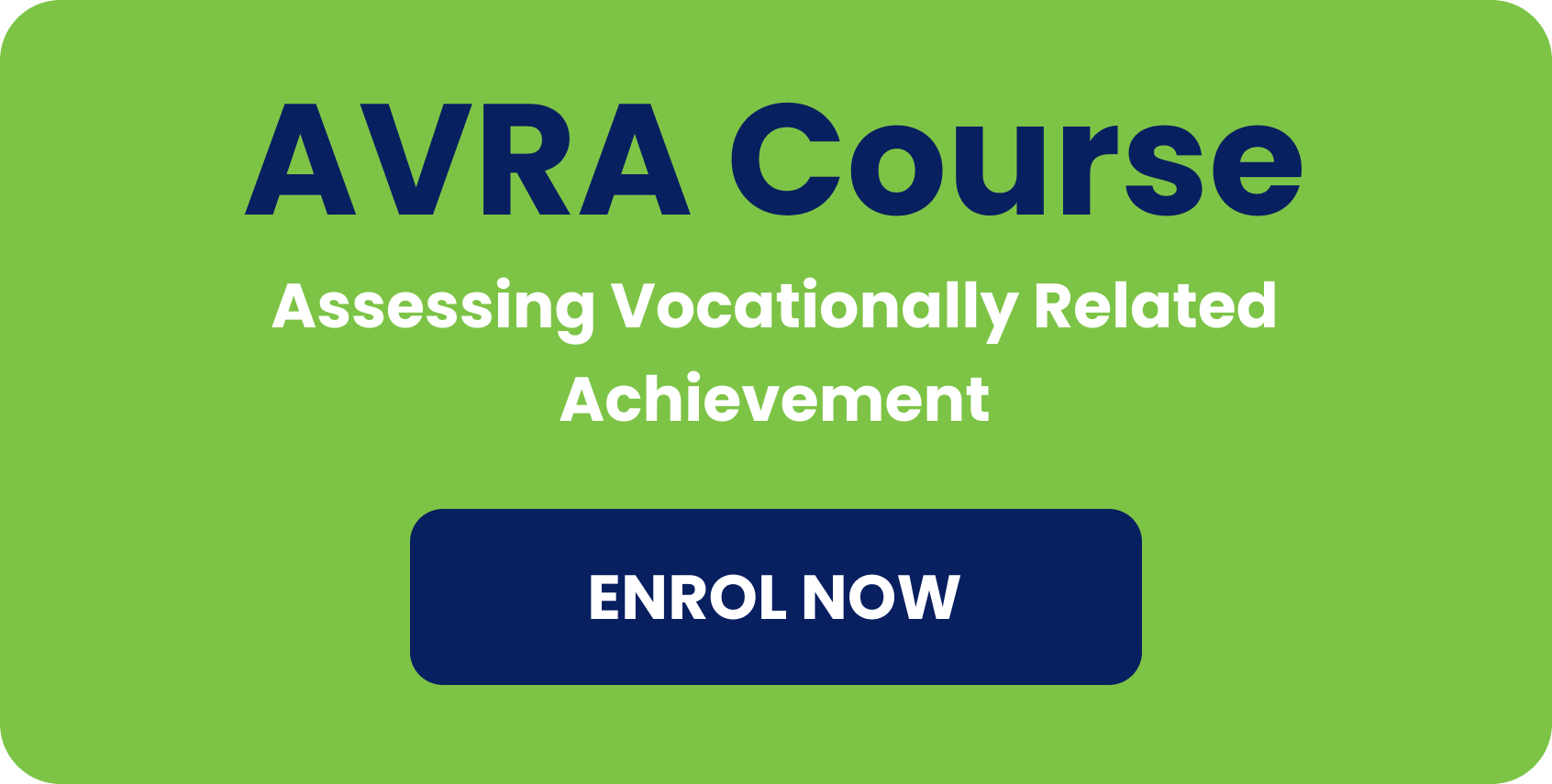Introduction to the TAQA Assessor Role
TAQA assessors play a significant role in the education sector and vocational training by helping learners achieve their qualifications. The TAQA (Training, Assessment and Quality Assurance) qualification refers to a collection of guidelines that determine the level of skills and knowledge of learners in different situations. In addition to establishing the progress of the learner, assessors also give constructive feedback.

To become a qualified assessor, individuals normally undertake an assessor qualification such as the CAVA Course (Certificate in Assessing Vocational Assessment) or Assessing Vocationally Related Achievement (AVRA). These qualifications equip assessors with the ability to make assessments that are fair, consistent, and evidence-based in a learning or workplace environment.
Core Responsibilities of an Assessor
When asked to explain the responsibilities of an assessor, it must be stated that the responsibilities are not just limited to marking assignments. Assessors are involved in ensuring that learners have the capability to meet the standards that are set by awarding bodies. This involves observation of learners at their workplace, analysis of portfolios and ensuring that the evidence given by all learners is authentic, valid, and sufficient.
Assessors also have the responsibility of providing guidance and constant feedback to the learners. Constructive feedback is necessary when it comes to enhancing and instilling confidence in learners. Assessors can help students by identifying their fullest potential through recognising their strengths, areas of improvement, and by being fair and consistent in their evaluations.

Roles of an Assessor in Education
The roles and responsibilities of an assessor in education are numerous which cover quality assurance and teaching support. Assessors are mentors who support learners through the course of their qualification to make sure that they acquire all types of knowledge, skills, and behaviours that are needed in their field of studies and career.
Assessors’ major role in education is to work as evaluators who grade and determine a learner’s performance using the set standards of awarding body. This role requires a balance between objectivity and encouragement. By doing so, the assessors ensure that the learners are not just unfairly assessed, but they are also motivated to give their best.

Key Skills Needed for Effective Assessment
In order to fulfil the responsibilities of an assessor, it is required to acquire a series of professional skills. These skills guarantee that the assessments follow the set industry standards and students’ requirements. Some of the essential skills for assessors are as follows:
Providing detailed feedback is important so that the learner can make improvements effectively
Ability to assess the performance of learners in a real or a simulated environment
Capability to plan assessments with numerous learners and assessment evidence
Ensure fairness, transparency and consistency in all assessments
Establishing rapport with learners makes them feel that they are being supported during their qualification journey.
Becoming an expert in these skills ensures that assessors can conduct precise, fair, and helpful assessments that will help learners to achieve long-term success.
Understanding TAQA Standards for Assessors
TAQA standards describe the professional framework in which assessors work. These are standards that are used to enhance consistency and compliance with national and industrial regulations. TAQA standards are explicit regarding ethics, fairness and transparency when it comes to responsibilities of an assessor in education.
For instance, assessors must keep proper records, maintain confidentiality, mark assessments consistently, be aware of any misconducts such as plagiarism or unethical behaviors etc. They must timely inform learners of their progress i.e. be able to provide clear and constructive feedback. They must follow the welfare, health and safety regulations when conducting assessments. They should also keep themselves up to date with the latest practices for continuous professional development.
Why the Assessor Role is Important in Training and Education?
Vocational training and professional education cannot be successful without the assessor role. Assessors support the value and credibility of qualifications by ensuring that learners achieve the standardised requirements. Their absence would compromise the quality of vocational training as it impacts the learners, the employers, and the industries.
In addition, assessors do not just evaluate; they also mentor and guide a learner on their career path. Their assistance helps students achieve qualifications, enhances the chances of employability, and builds a culture of continuous improvement. In this respect, the responsibilities of an assessor are much broader – it is not just limited to the classroom but directly impacts the future workforce and the standards in the education industry.





